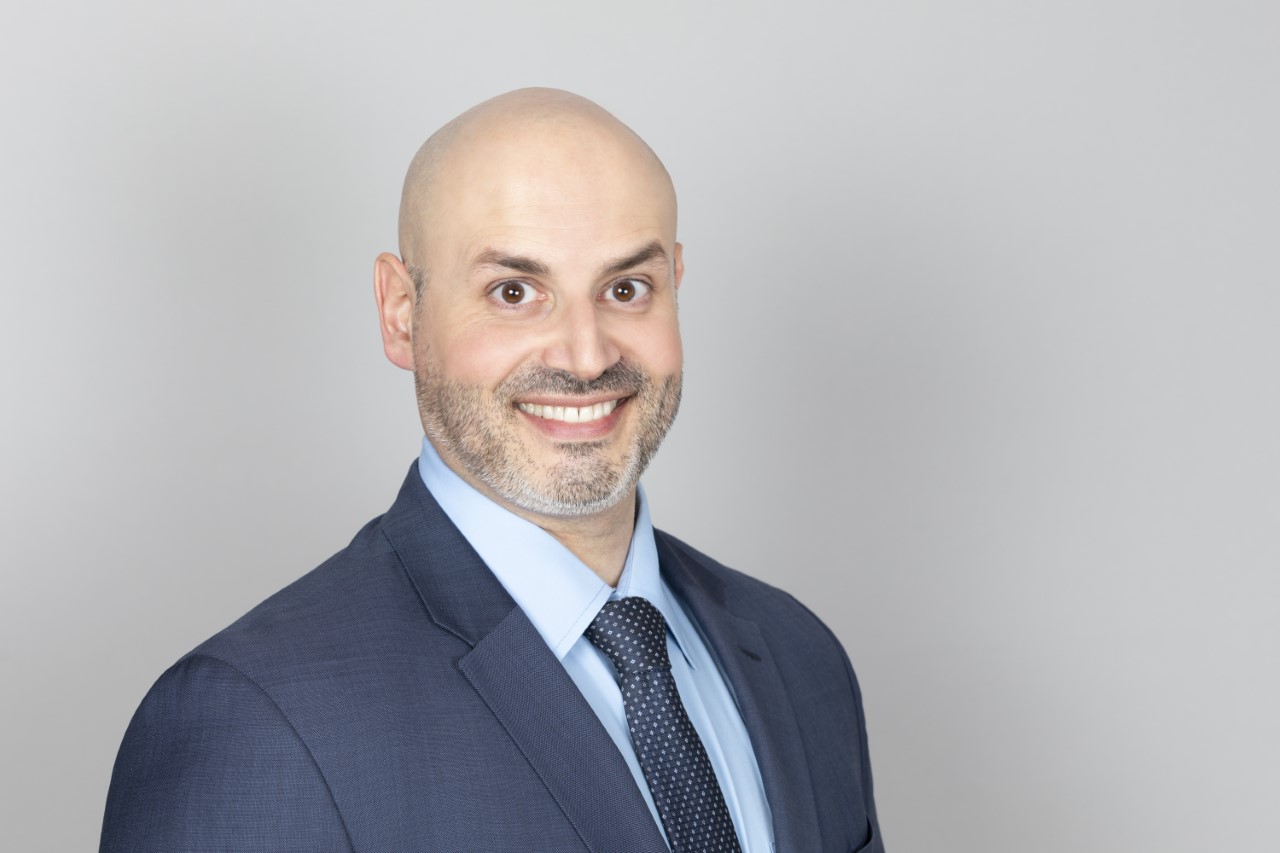

We had the pleasure of sitting down with Armando D’Andrea, a lawyer at Legal Aid Ontario and alumnus of Osgoode’s Professional LLM in Criminal Law and Procedure, to discuss with him how he got to where he is today in his professional journey.
Tell us about yourself and what you do.
I am Legal Counsel at Legal Aid Ontario (LAO). I have worked at LAO’s Provincial Case Management Office, where I screened and authorized funding and disbursement requests for more complex criminal defences. Prior to that, I was duty counsel at the Toronto West Courthouse for almost 15 years.
Can you say more about your research and discernment process around the LLM? Why this degree in particular?
I sought an opportunity to engage in the more theoretical constituents of criminal law, so a couple of years ago I began to research LLM programs at various schools. Ultimately, none could offer what I felt Osgoode did.
The faculty teaching the LLM in criminal law and procedure is composed of leading professors and practitioners, familiar names that are well known in the courtroom and in the literature. The opportunity to engage with these instructors appealed to me. Another significant advantage of the Professional LLM was the part-time format; I could continue working while completing my degree, and this option was not available at some other institutions that I had researched.
Finally, I completed my LLB at Osgoode Hall Law School 20 years ago, in 2002, so I felt comfortable in this setting. It made sense to return here to complete my LLM.
What kind of expectations and concerns did you have? What did you discover upon beginning the degree?
One concern I had was whether I would be able to manage the reading and writing while working full time. While the workload can be demanding, the weekly evening classes or three-day weekend seminars provided flexibility. There was enough open space to do the coursework and independent research to write my papers.
A second concern I had was whether I would be up to the challenge of engaging in academia again. This LLM is my second graduate degree, but as of 2020 I had not been in a classroom setting for over 15 years.
However, several of my instructors helpfully provided guidance on the nuts and bolts of how to tackle research processes and write academic papers. Librarians and free, self-directed study courses on research and writing furnished further support.
Tell us a bit more about your student life and your engagements with other students.
I was able to attend one class in person before the pandemic lockdown. This was an inviting setting. The large networking space outside of the classroom permitted relaxed and informal interaction with other students.
What were you hoping to learn and how do you expect to apply it in your career?
I don’t think I attended this LLM with one academic aim in mind. In criminal law, so many decisions are based on precedent or convention. There are cases and policy papers that purport to explain the ‘why,’ but so often those cases and policy papers themselves beg further critical investigation. Completing this program provided the direction to take that next incisive step.
What advice would you give a prospective student?
Prospective students have a unique, gratifying opportunity in this program – to create.
I will always remember submitting a paper framework to an instructor, proposing to argue a point in direct contravention of what he, and others, had written before. His response was full of encouragement to proceed, because “this is how the law continues to develop.” Embrace the opportunity to question dogma and marshal new thoughts.
Embrace the chance to add your gloss to an issue and make your own contribution to the dialogue. This is really what made the entire LLM experience meaningful for me.
Want to learn more about the Professional LLM in Criminal Law and Procedure? Sign up for an Information Session!

